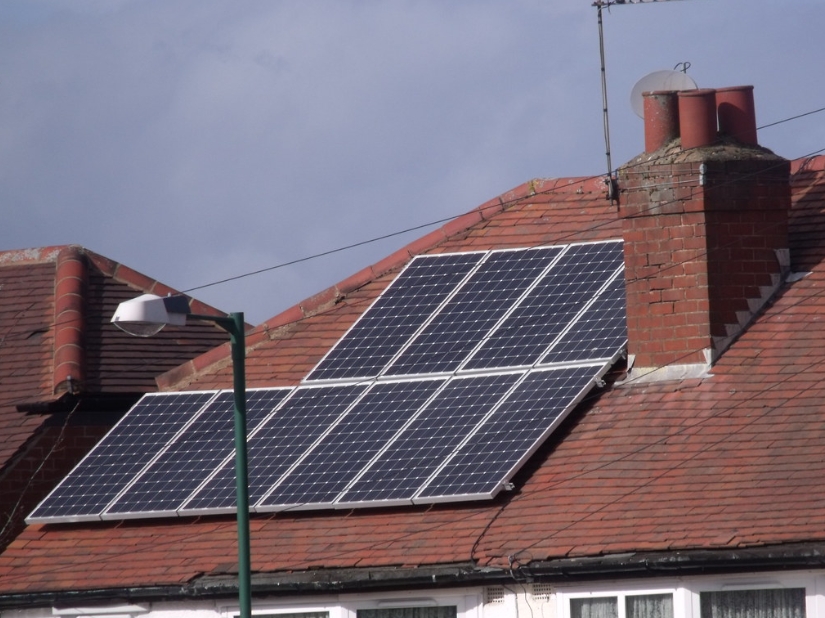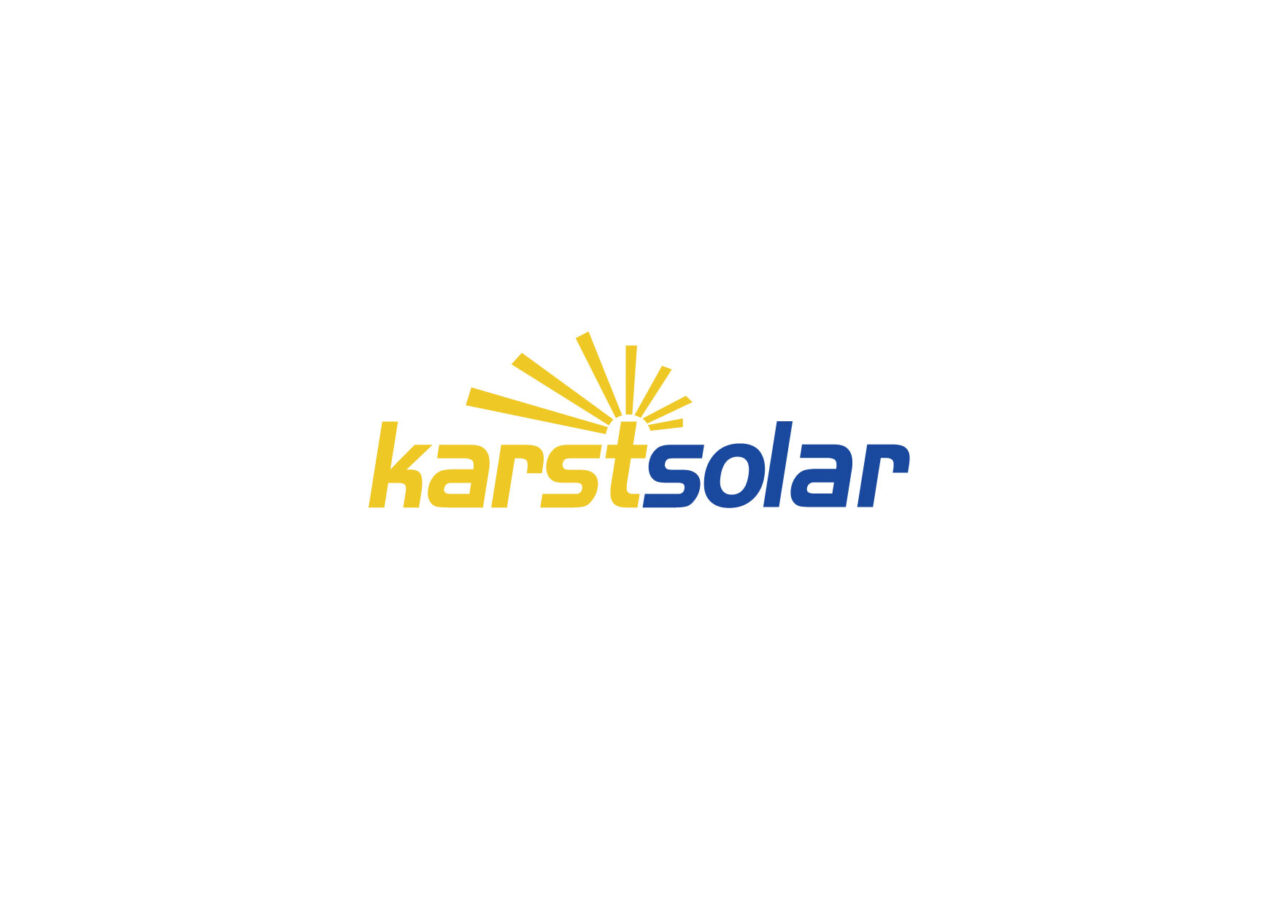The sun-drenched state of Victoria, Australia, is gearing up for a monumental shift towards renewable energy. With a bold decarbonization plan, the government is set to introduce a staggering 10.6GW of solar power by 2035, marking a significant stride in the global quest for sustainability.

Victoria’s roadmap to a greener future is outlined in a comprehensive report titled “Cheaper, Cleaner, Renewable: Our Plan for Victoria’s Energy Future.” The plan sets ambitious targets to increase the share of renewable energy in the electricity mix to 65% by 2030 and a remarkable 95% by 2035. Currently, about 38% of Victoria’s electricity is sourced from renewable energy.
Rooftop Solar Initiatives:
At the heart of Victoria’s decarbonization strategy lies rooftop solar power, with a target of approximately 7.6GW of new installations by 2035. The “Solar Homes” program has been a game-changer, offering rebates to incentivize solar projects. Since its inception, the program has facilitated the installation of 2GW of photovoltaic systems, accounting for 13% of the state’s renewable energy output.

Large-Scale Solar and Energy Storage:
Beyond rooftop installations, Victoria is also capitalizing on the opportunities presented by large-scale renewable energy projects. The state aims to achieve a 12.7GW renewable energy capacity, with 3GW allocated to large-scale solar farms. To ensure grid stability and provide flexible services, the government is targeting a minimum of 6.3GW in energy storage across Victoria.

Transmission Projects:
Significant transmission projects are set to provide a welcome boost to decarbonization efforts. The Western Renewables Link project, a 190-kilometer high-voltage transmission line, is expected to connect renewable energy from Bulgana in western Victoria to Sydenham near Melbourne by 2027. This will be followed by the 1.7GW VNI West transmission line in 2029, enhancing the transmission capacity between Victoria and New South Wales. The 750MW Marinus Link, connecting Victoria with Tasmania, is expected to be operational by 2030, with a full capacity of 1.5GW, facilitating the exchange of green hydroelectric power and reducing the risk of blackouts.
Minister for Energy and Resources, Lily D’Ambrosio, emphasizes that the integrated plan ensures communities and industries are at the forefront of the energy transition. Victoria’s commitment to renewable energy not only promises a cleaner, more affordable energy future but also positions the state as a leader in the global renewable energy sector.

ENERGIZING YOUR LIFE
Karstsolar, based in Shenzhen, is a company dedicated to solar panel production and international trade. Founded in 2009, Karstsolar boasts extensive experience in solar technology and a remarkable track record in global market expansion. We take pride in delivering efficient and reliable solar solutions to clients worldwide.
